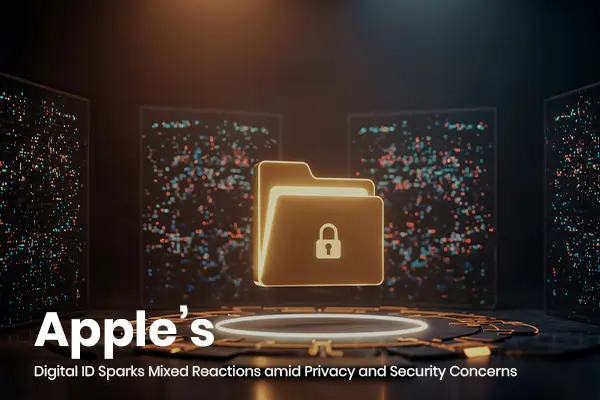Technology experts and rights groups voice skepticism over surveillance risks despite Apple’s encrypted, device-only identity storage claims.
Two days after Apple shared its latest insights regarding its Digital ID app, Internet reactions are still mixed. According to Apple, the Digital ID gathers user identity information through the Apple Wallet, and is a "new way for users to build an ID." It is a feature currently only available in the United States allowing subscribers to display their passports, on their devices, to TSA for travel at over 250 airports across the United States. Several commenters online are excited about the conveniences this maybe afford its users. However, some tend to be more skeptical of Apple's new delivery platform and raised privacy and security concerns. Those ongoing conversations are similar to some that are taking place across Europe where privacy advocates have questioned and criticized the UK's digital ID project and the EU's EUDI Wallet.
As with any tool designed to manage such sensitive personal information, the current conversation is being driven by two primary issues: possible governmental surveillance, and data security. Apple also states that it has a secure and privacy-preserving approach including encryption as utilized by the best VPNs as well as sophisticated technology to reduce the ability to steal and/or tamper with evidence. The company also states that wallet data will exist only on the device itself, thus guaranteeing that there is no ability for the data to be shared with the company. "Only the information necessary for the transaction will be shown," stated Apple.
A consortium of digital rights groups and technologists, including the American Civil Liberties Union (ACLU), the Electronic Frontier Foundation (EFF) and the Center for Democracy and Technology (CDT) recently issued a statement indicating, "Identity systems must be built without the technological ability for authorities to track when or where identity is used." Additionally users may utilize biometric website authentication (like Face ID or Touch ID) to guarantee that only the original owner can access or update their Digital ID data. Not everyone in the cybersecurity space reveres the Apple assurances.
.webp)










.webp)































.webp)
